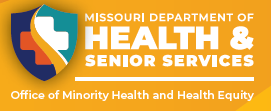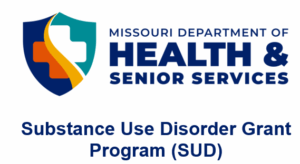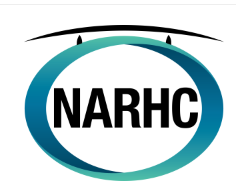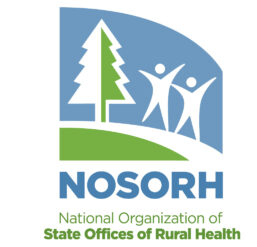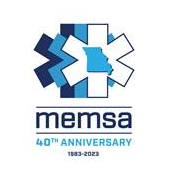June 25, 2025

Whitepaper: Infusion Care in Crisis: Why 82% of Centers Struggle to Access the Data They Need
As cancer diagnoses rise, infusion centers are navigating a perfect storm: workforce shortages, uneven patient flow and limited visibility into performance. Leaders are struggling to balance staff workloads, manage scheduling bottlenecks and prepare for growth – many without the tools to make informed decisions.
A new survey of nearly 200 cancer center executives identified where operations are breaking down and how centers can adapt. From AI-enabled scheduling to workforce optimization, this report outlines real-world strategies that are already delivering measurable ROI.
Download this report to explore:
- Top 3 operational challenges centers face in 2025 – and what’s driving them
- How new models are reducing burnout and improving staff-to-patient ratios
- What successful growth planning looks like amid limit6ed budgets and workforce constraints
Click Here to Download Whitepaper



